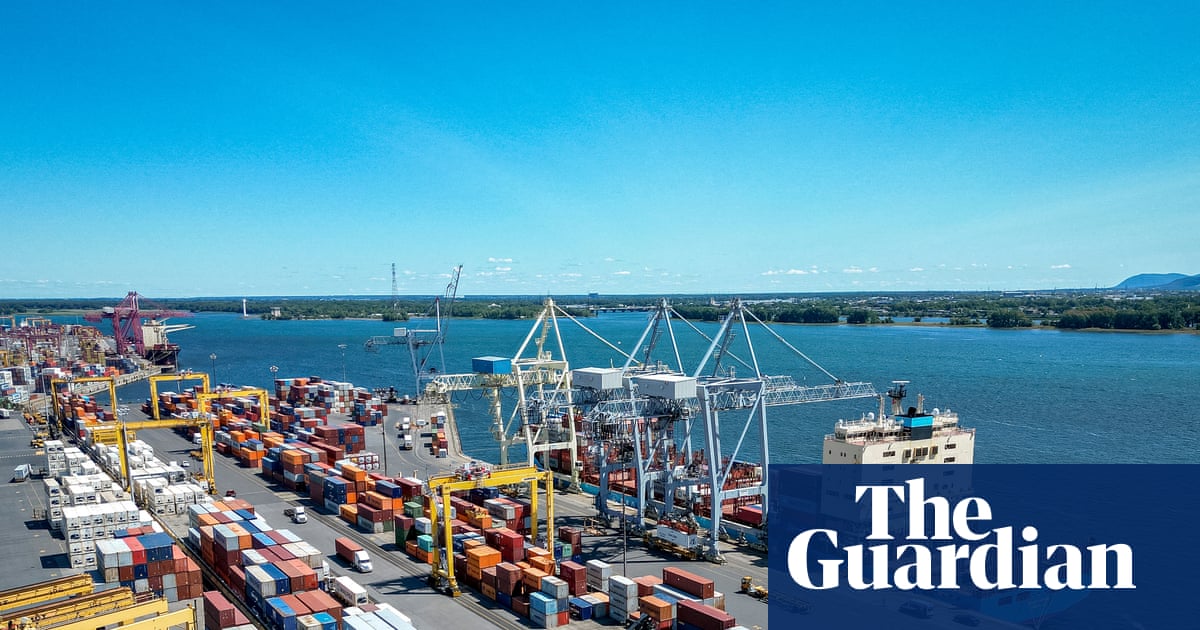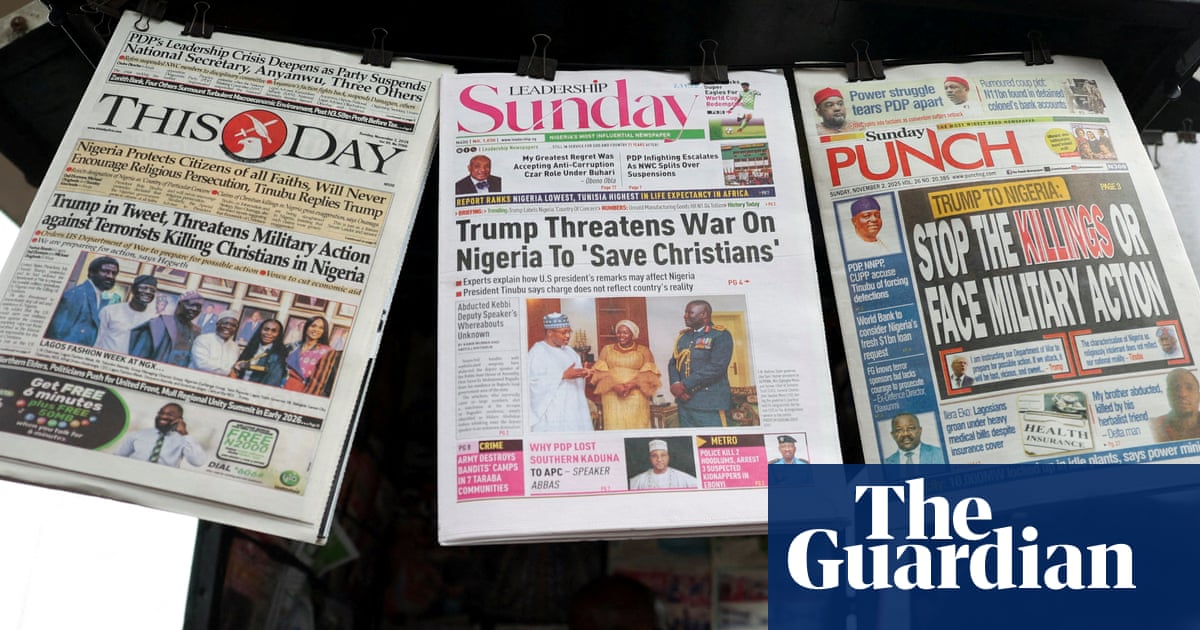Indonesia will ban the construction of new hotels and restaurants built atop cleared rice fields and agricultural land on the popular resort island of Bali, after recent flash flooding killed at least 18 people.
A state of emergency was declared on Bali on 10 September after the island experienced the most severe flooding in more than a decade.
Triggered by heavy rainfall, the flooding caused extensive damage to homes, public facilities and infrastructure and affected thousands across Denpasar and its surrounding areas.
Environmental activists have long sounded the alarm about the impacts of mass tourism on the island, saying stricter controls to prevent land conversion would reduce the risks from flooding and other natural disasters.
In the wake of the floods the Bali governor, Wayan Koster, said this week that new rules had been issued.
“Starting this year, yes, there is already an instruction to all heads of districts and mayors across Bali,” he said on 14 September.
“After handling the floods, we will meet again to ensure no more permits are issued for hotels, restaurants or other facilities on productive land, especially rice fields,” he said, as quoted by Indonesia’s state news agency, Antara.
“Starting this year, the land conversion ban will align with Bali’s 100-year plan. From 2025 onward, no productive land can be converted into commercial facilities.”
Famous for its lush, green rice paddies and stunning beaches, the “island of the Gods” has undergone rapid change over the past half-century with locals and tourists complaining about the traffic, pollution and badly behaved foreigners that have come with the hotels and resorts that now swamp the island.
Indonesia said last year that it would place a moratorium on new hotels amid fears of overdevelopment, but the plan failed to eventuate. The new bylaws are expected to be brought into effect by the end of 2025.
The move follows a warning from Indonesia’s meteorology and climate agency about the potential for an extreme rainy season this year, and a worsening waste crisis that has aggravated flooding in several regions, including Bali.
Flooding is common in Indonesia during the wet season, which typically runs from September to March.
However, scientists say the climate crisis is intensifying the rainy season, bringing heavier rainfall and more frequent flash floods. Overdevelopment and widespread deforestation are believed to be worsening the impact of flooding.
Indonesia’s environmental minister, Hanif Faisal Nurofiq, said after the floods that the new bylaws were an important step for the island.
“This is also crucial for Bali’s tourism as the recent flooding has drawn serious attention,” he said.
“I actually told the governor last week that I really hope he will immediately stop the land conversions in Bali. This is extremely important.”
Extreme rainfall is more common and more intense because of human-caused climate breakdown across most of the world, particularly in Europe, most of Asia, central and eastern North America, and parts of South America, Africa and Australia.
This is because warmer air can hold more water vapour. Flooding has most likely become more frequent and severe in these locations as a result, but is also affected by human factors, such as the existence of flood defences and land use.

.png) 1 month ago
39
1 month ago
39

















































